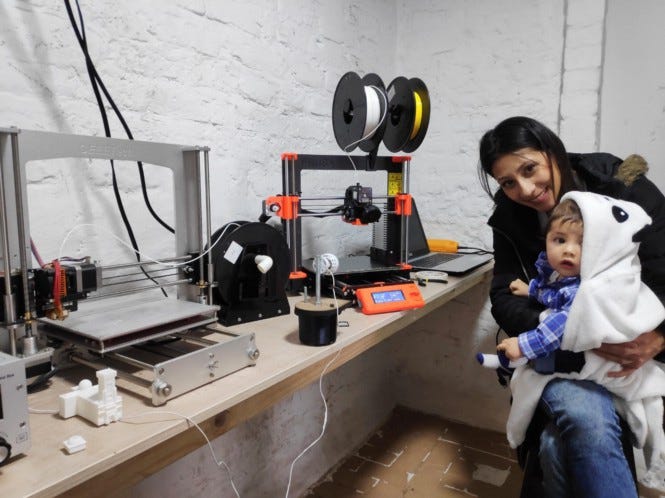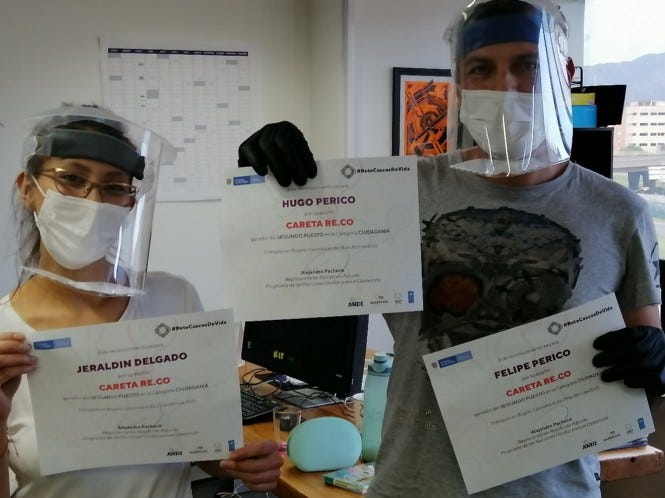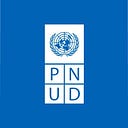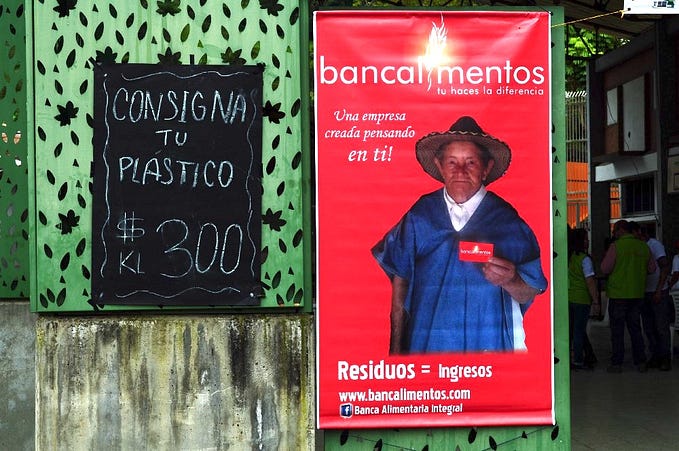The wellness in the collective

The pandemic that we are living in today was difficult to have been predicted. Only a few months back, was impossible to think about the challenged that a virus like the Covid-19 would imply to the humanity. The same thought Felipe Perico, a 34-year-old industrial designer who when the isolation’s simulacrum was announced in Bogotá decided to spend the weekend at his father´s house in Tunja with his wife, Jeraldin Delgado and their little son. Felipe did not imagine that he would last so long in his father´s house, that house that saw him grow up, but in which he had not lived since he was 16 years old. He appreciates that time, it was a unique opportunity to reconnect with his family, to rethink his purpose on life which perhaps would not have occurred at another time, and it allowed him to appreciate the simplicity of a slowed down life, where spending time with his family was the only thing remained to be done and that was he enjoyed the most at that time.
The lives of millions of Colombians stopped as Felipe’s life stopped. However, foreseeing the risks that the new virus was going to bring to the country, Felipe wanted to take advantage of that time to do researches about the virus, its form of contagion, and the innovations that were being considered around the world to face a new normal. Curious about makers’ communities and the newfangled ideas that seek practical solutions to current problems, Felipe found an idea in the 3D printing masks of the company PRUSA.

This idea was his inspiration and opened the way for him to create new alternatives of masks through a product that would serve citizens for physical protection while allowing them to resume their daily activities, thus keeping employment. The mask prototype that Felipe designed was initially printed at his company Printa.co when he arrived in Bogotá, where together with Jeraldin spent most of their time sketching and exchanging ideas for the production of this protection element.
“It was not an idea of a single moment, we worked on it a lot, which is what the cacharreros as me do” said Felipe with emphasis. Cacharrero is a Spanish term used to describe a person who sells containers or ordinary crockery. Which perhaps became famous with Francisco de Goya’s artwork in 1779 that have the same name. In Colombia, the term is used to describe a person who does any kind of work, seeking by all means to survive, but perhaps as Felipe describes it better, is “someone passionate who seeks solutions to the problems and does not stay still”.

It is that characteristic of a “cacharrero” that has driven Felipe’s life. This is what led him to look for alternatives to the current crisis in order to protect the lives of several Colombians while achieving another source of income. He wanted to make a good, useful, but safe product that would really serve to protect the health of the people who would use it. Therefore, he contacted his cousin Hugo Perico, a doctor who guided them in the design of the masks and who was the first to buy them to test them “it was a path almost of trial and error that benefited us to perfect the mask and to provide an element of protection that would achieve real protection for all” affirms Felipe.
It was in this process, when Felipe found out the announcement Reto Cascos de Vida “Life Helmets Challenge” promoted by the United Nations Development Program — UNDP, in alliance with the Vice Presidency of the Republic, ANDI, EAN University and the Makers Colombia community. A call that recognized Columbians’ innovation to offer solutions that mitigate the epidemiological, social, and economic effects caused by the COVID-19.

And what is the use of innovating at this moment? For Felipe, innovation must be a necessary tool to improve the conditions and people’s life quality in the world “one of the greatest humanity mistakes has been to identify their wellbeing in contrast to the others and not to care when the other is in an unfavorable situation that does not allow a sustainable human development” the other that we sometimes forget and that with rawness and rigor has faced the pandemic ravages, was the objective with which Felipe enrolled in the Life Helmets Challenge in the citizenship category and in which he ranked second with his proposal of Careta Re.co. This is a self-assembly mask made of transparent plastic (PETg), which covers the face above the hairline to below the chin.

For UNDP Colombia, it is essential to support the initiatives and creativity of Colombians who, day by day, seek to provide solutions to global problems and specifically, those at the national level. The improvement in living conditions, the protection of health and growth in development possibilities are essentials to decrease the inequality gap in the country so that no one is left behind.
UNDP Colombia. This article was prepared with the kind support of Online Volunteer Laura Juliana Rivera and Dominic Gayle.










